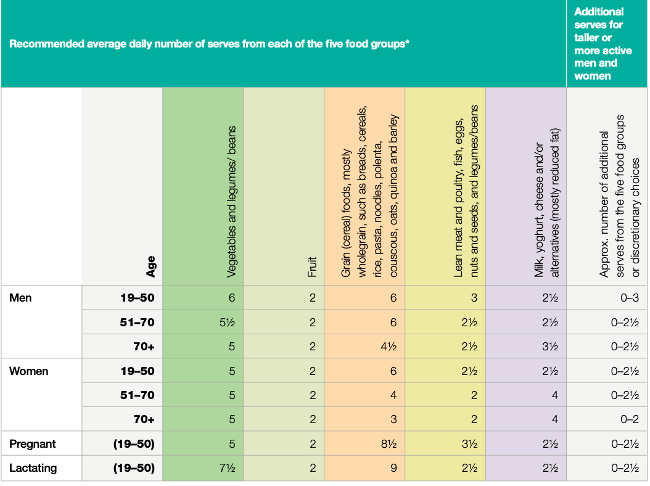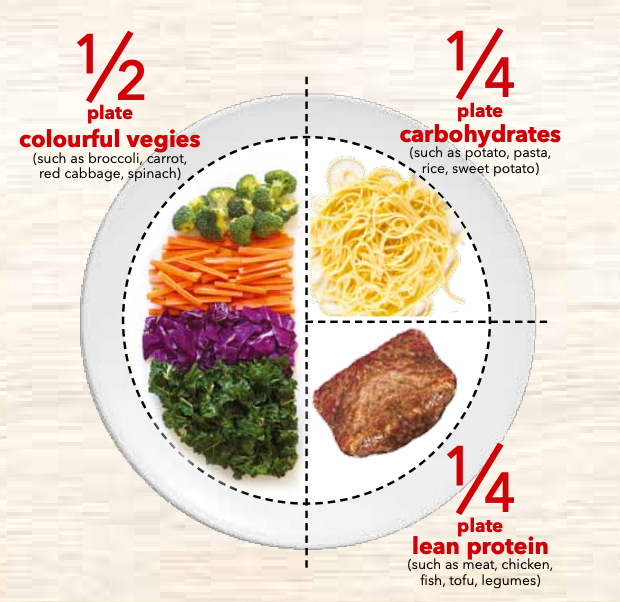What determines whether a lifestyle change is sustainable for you in the long-term is very individual and will depend on a variety of different factors. It is important to consider what works for you, and what is going to best support you to keep the healthy eating changes going as long as you want. As we all have different bodies and lifestyles, we also all have different methods that work for us. Some methods that may help you get started are:
Identify barriers in your current lifestyle and overcome them:
Often, there can be factors influencing the behaviour changes (e.g. Such as healthy eating) that we want to make. Some examples of these are time, cost/affordability, other priorities, conflicting knowledge of healthy eating, etc. It is important to brainstorm what the barriers in your life may be and come up with solutions to help you overcome these and stay on track with your healthy eating habits.
An example of what this might look like is:
Goal: Eat more vegetables
Barrier: No time to cook vegetables daily
Solutions: Bulk prep on weekends, buy instant steamed vegetables, buy prepared salads, etc.
Be flexible with your eating habits rather than following a rigid set of ‘rules’
Often, setting up many rules to follow can be challenging for many. It is important to adapt your eating habits to changes in your lifestyle as needed. For example, many of us have felt the impact of COVID-19 on our daily lives, including our eating habits. As many of us are working from home, having access to food more often may be difficult for some people to limit their intake. On the other hand, some people have found they actually have more time to prepare nutritious meals with their families. It is important to allow yourself to adjust your healthy habits to fit your current circumstances, if needed.
Being flexible with your eating, while still maintaining healthy habits, can allow you to be more comfortable in social eating situations and be able to enjoy different foods while travelling to new places. These are important factors which contribute to the longevity of healthy eating habits.
Focus on outcomes of healthy eating that motivate you
For some people, weight can be a great motivator to change their diet. However, for others, it can often be a difficult and emotional thing to deal with. It is helpful to identify what outcomes of healthy eating motivate you, in order to ensure you can continue to keep up the habits over a long time. A few of the many examples of outcomes of healthier eating habits may be:
- Higher energy levels
- Better digestive health and consistent bowel movements
- Improved medical test results (e.g. Lower blood pressure, lower cholesterol, blood sugars within the normal range, etc.)
- Better mood and sleep
- Feeling better in your own body
- Spending time with loved ones cooking and eating
Incorporate a variety of whole foods in your diet to support long-term nutrition status
Fad diets can be tempting, as they promise ‘quick fixes. However, research does not support any quick fix solution to weight loss. Some strategies to help you eat a nutritious diet over the long-term are to:
- Try to aim for the recommended amount of each food group for your age and gender, as suggested by the Australian Guide to Healthy Eating
Reference: Eat for Health, Australian Guide to Healthy Eating1
- A good guide of what your meals should look like is the healthy plate model, as shown below
Reference: Healthy Food Guide2
- Aim for a balanced diet. This can mean allowing yourself to have the occasional ‘sometimes’ foods such as desserts, ice cream, hot chips, etc. It is still recommended to limit these to the recommended number serves of discretionary foods (AGHE) for each age/gender1
- Eat a variety of different coloured and textured foods. Dietitians Australia recommends aiming for at least 20 different food items or ingredients daily3.
Eating a wide variety of different foods, will help you get a wide array of vitamins, minerals and other nutrients that you need to function optimally3. Whether its making a minor or major positive change to your diet, it’s all steps in the right direction towards a healthier version of you! For more nutrition advice check out our blog or contact us today to get in touch with us for in depth diet and nutrition counselling.
References
- The Australian Guide to Healthy Eating. [online] Available at: <https://www.eatforhealth.gov.au/sites/default/files/files/public_consultation/n55d_draft_dietary_guidelines_agthe_111212.pdf> [Accessed 24 July 2020]
- The Perfect Plate. Healthy Food Guide. [online] Available at: <https://www.healthyfoodguide.com.au/sites/default/files/The%20perfect%20plate%20AUNov15_0.pdf> [Accessed 24 July 2020]
- org.au. 2020. Smart Eating for Weight Management » Dietitians Australia. [online] Available at: <https://dietitiansaustralia.org.au/smart-eating-for-you/smart-eating-fast-facts/weight-management/smart-eating-for-weight-management/> [Accessed 24 July 2020].











